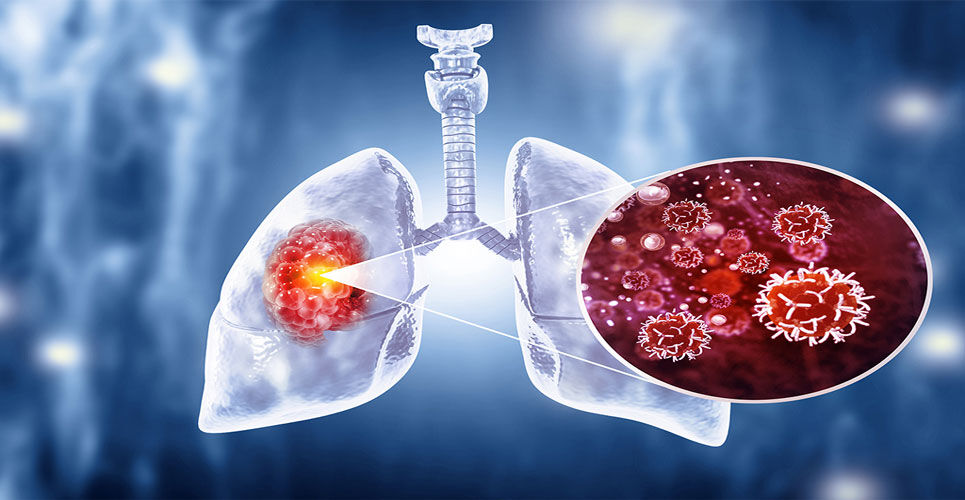A perioperative approach that includes both neoadjuvant and adjuvant immune checkpoint inhibition with pembrolizumab significantly improves disease outcomes for patients with early-stage non-small-cell lung cancer (NSCLC), according to the findings of a trial by an international research group.
In recent years, immune checkpoint inhibitors such as pembrolizumab have transformed the management of NSCLC but whether both neoadjuvant and adjuvant immune checkpoint inhibition improves the clinical benefit over either strategy alone is uncertain.
The phase 3 KEYNOTE-671 trial, published in the New England Journal of Medicine, sought to evaluate perioperative pembrolizumab in patients with early-stage NSCLC.
Participants with resectable stage II, IIIA, or IIIB NSCLC, were randomised 1:1 to receive neoadjuvant pembrolizumab (200 mg) or placebo once every three weeks, each of which was given with cisplatin-based chemotherapy for four cycles, followed by surgery and adjuvant pembrolizumab (200 mg) or placebo once every three weeks for up to 13 cycles.
The dual primary endpoints were event-free survival and overall survival, and the secondary endpoints included a major pathological response, pathological complete response and safety.
Perioperative pembrolizumab and survival
A total of 397 participants were assigned to pembrolizumab and 400 to the placebo group. At the pre-specified first interim analysis, the median follow-up was 25.2 months. After 24 months, event-free survival was significantly improved with pembrolizumab compared to placebo (Hazard ratio for progression, recurrence or death, HR = 0.58, 95% CI 0.46 – 0.72, p < 0.001). However, overall survival did not differ significantly between the groups.
A major pathological response occurred in 30.2% of the participants in receipt of pembrolizumab but only in 11.0% of those in the placebo group (p < 0.001). Similarly, a pathological complete response also occurred in a significantly higher proportion of pembrolizumab patients (18.1% vs 4.0%).
Despite the clinical advantages, across all treatment phases, 44.9% of the participants in the pembrolizumab group and 37.3% of those in the placebo group had treatment-related adverse events of grade 3 or higher.
‘Neoadjuvant pembrolizumab plus chemotherapy followed by surgery and adjuvant pembrolizumab provided statistically significant, clinically meaningful improvement in EFS compared with neoadjuvant chemotherapy and surgery alone,‘ said lead investigator Heather Wakelee from Stanford University School of Medicine and the Stanford Cancer Institute. ‘Data support perioperative pembrolizumab as a promising new treatment option for patients with resectable stage II, IIIA, or IIIB NSCLC.‘

